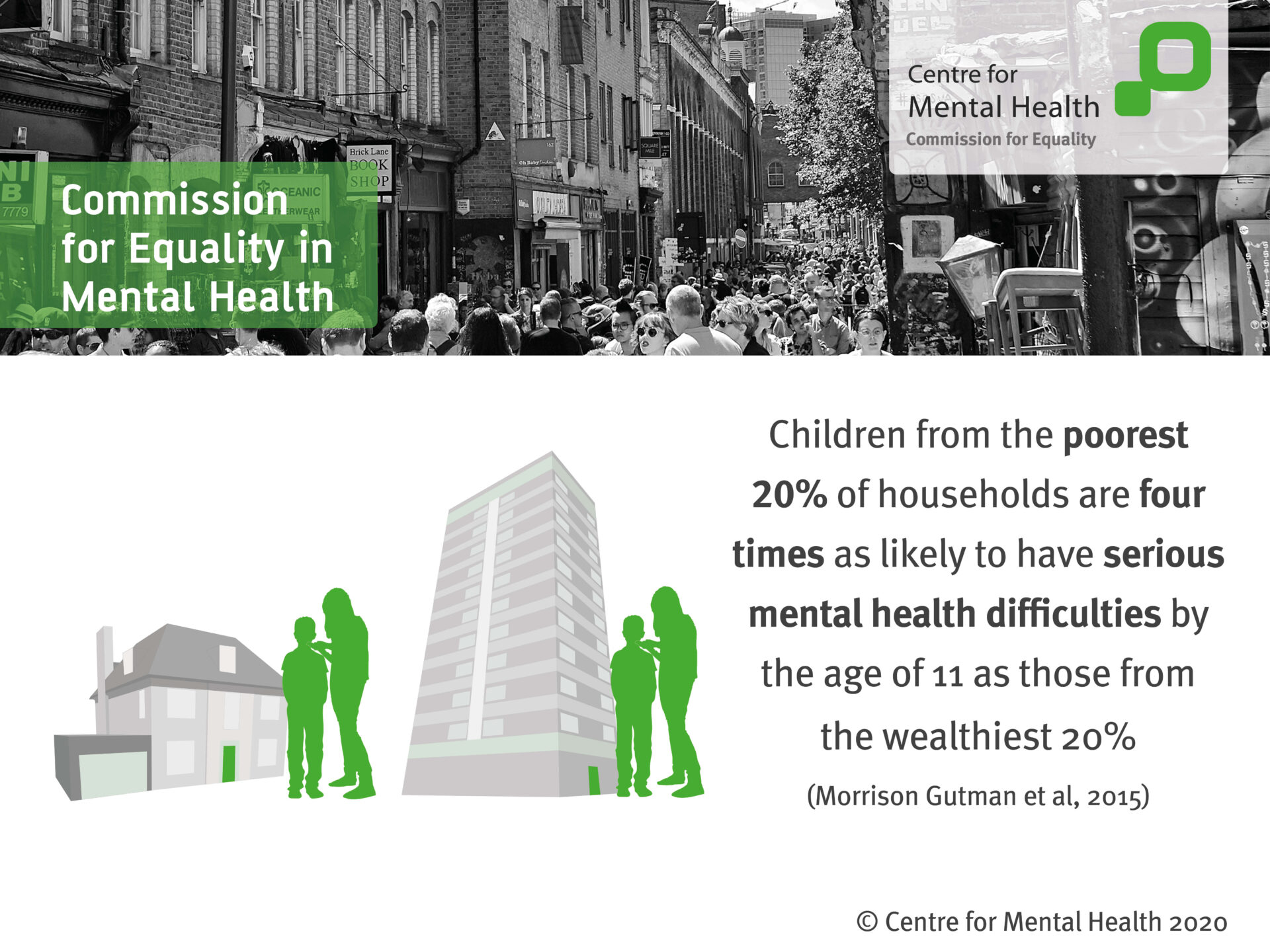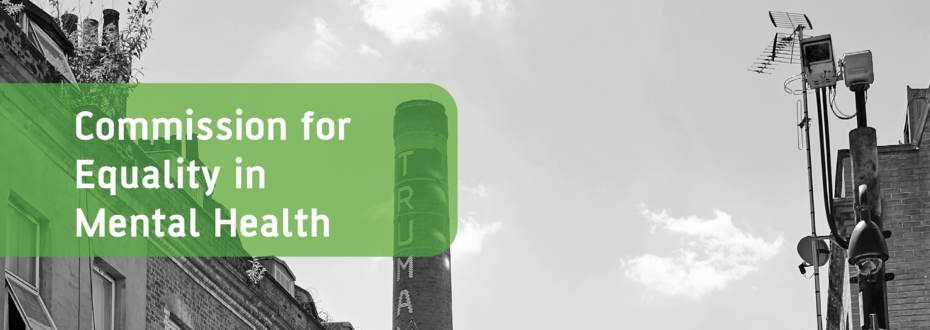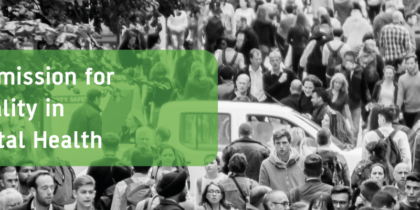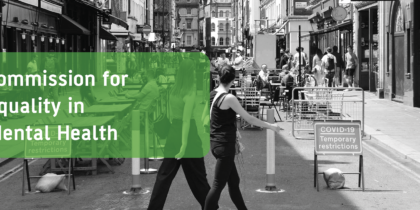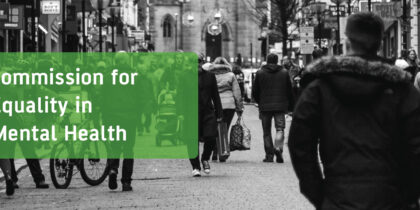Determinants of mental health
Why do some groups of people have a much higher risk of mental health difficulties – and what can we do to reduce the disparities?
One in four of us will experience a mental health problem, but our chances are far from equal. There are many determinants in our lives which influence our mental health: from positive parenting and a safe place to live, to experiencing abuse or the impacts of austerity.
This first briefing from the Centre’s Commission for Equality in Mental Health finds that mental health inequalities are closely linked to wider injustices in society. Inequalities in wealth, power and voice are linked to poorer mental health. Exclusion, discrimination, violence and insecurity all increase our risk of poor mental health and explain why some groups of people face markedly higher rates of mental ill health than others.
The briefing explores actions that can be taken, from communities and local services to national policies, to reduce mental health inequalities. They include action to reduce income inequality, housing insecurity and poor working conditions as well as changes to education and the provision of early years support to families.
